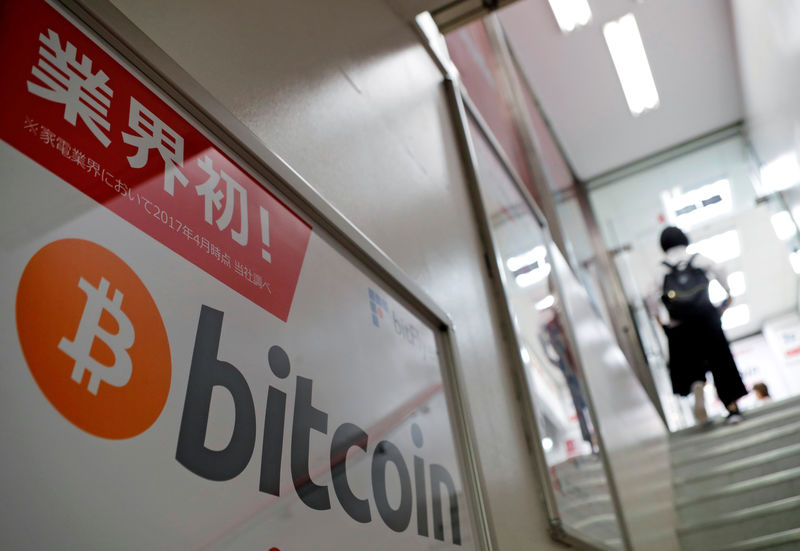On Monday, the US Securities and Exchange Commission (SEC) approved a spot Bitcoin ETF for the first time, marking a significant shift in its stance towards cryptocurrency. This groundbreaking decision immediately propelled Bitcoin's price from $28,000 to nearly $30,000, its highest level in over two months.
The approved iShares Bitcoin ETF (TSX:EBIT), with a market cap of $851.93M according to InvestingPro data, is backed by Coinbase (NASDAQ:COIN)'s surveillance-sharing agreement. This move follows a series of postponed decisions on rule changes from firms such as Fidelity, VanEck, WisdomTree, and Invesco, who aim to introduce spot Bitcoin ETFs via the Cboe BZX Exchange. Valkyrie Investments and Bitwise, targeting Nasdaq and NYSE Arca respectively, were also affected. The deadlines set were Oct. 17 for most firms, Oct. 19 for Valkyrie, and Oct. 16 for Bitwise.
The ETF has experienced varied returns in the recent past, with a 1-year price total return of 36.43% and a YTD price total return of 54.35%. The past few months, however, have seen a decline with 3-month and 6-month price total returns of -12.91% and -14.94% respectively, as per InvestingPro data.
Despite the SEC's history of approving futures-based BTC ETFs, it had consistently delayed decisions on spot ETF applications. This includes an application from BlackRock (NYSE:BLK), the world's largest asset manager, which had stirred hopes earlier in 2023. However, BlackRock's high success rate with past ETF proposals does not guarantee future approvals for other firms.
The SEC's approval of the iShares Bitcoin ETF could significantly reshape the cryptocurrency market landscape and signal a potential change in its approach to spot Bitcoin ETF applications. The conversion of Grayscale’s GBTC fund to an ETF also adds to market optimism. This approval might end the cycle of approvals, delays, and rejections that have characterized the relationship between the SEC and cryptocurrency-related proposals.
InvestingPro Tips suggests that while the iShares Bitcoin ETF pays a significant dividend to shareholders, with a yield of 6.52% as of the last recorded date in 2023, it suffers from weak gross profit margins. The valuation also implies a poor free cash flow yield. For more detailed insights and tips, you can check out the InvestingPro platform here.
This article was generated with the support of AI and reviewed by an editor. For more information see our T&C.
